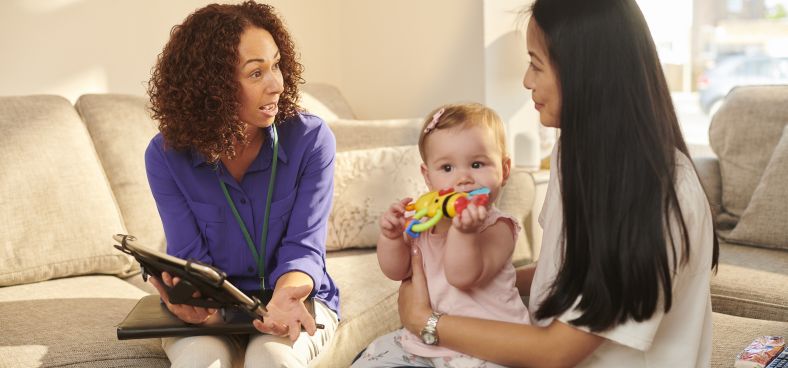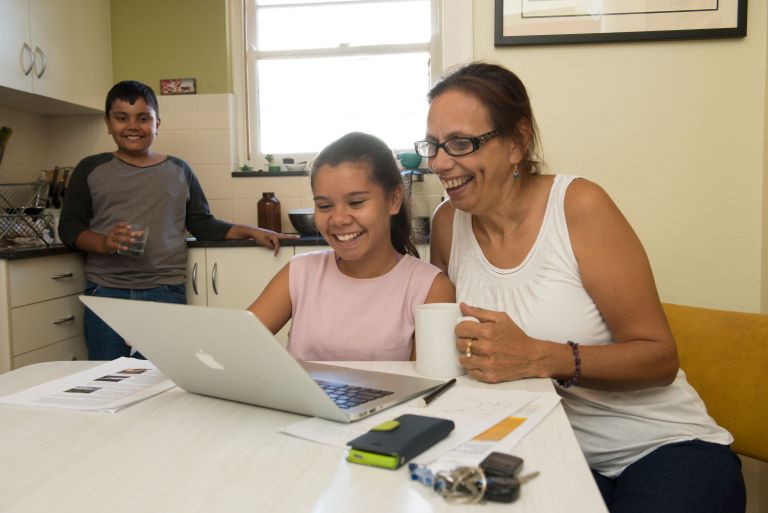
Foster and Kin Connect newsletter
A newsletter for all registered and future foster, kinship and relative carers across NSW.
Learn from the experience of other carers and childcare experts, stay informed on any updates in the out-of-home care sector, and hear about the latest training and supports available to carers.
Caring for kids guide
Caring for kids guide is a resource developed by Communities and Justice, to support foster, relative, and kinship carers of children in out-of-home care. The resource provides:
- Essential information: legal and policy details, roles and responsibilities of carers and others involved.
- Support and assistance: training, financial aid, cultural support strategies.
Financial assistance
Foster, relative and kinship carers are volunteers, so they’re not paid a wage. The Care Allowance you receive is provided to help you cover the costs of caring for a child or young person.
Find out about the DCJ Care allowances indexation adjustment

When a child or young person is first placed with you
You and your caseworker are partners in care. Together, you create the safe and caring environment that will help your child build confidence, grow strong, and heal from what may have been a traumatic past.
Good communication is vital. Your caseworker relies on the information and insights you provide to update plans, arrange referrals and provide support for the mental, physical and emotional wellbeing of the child or young person in your care.
- Establishing the placement
- Be prepared!
- What it feels like to go into care
- Help kids feel welcome
- Personal belongings
- Getting used to a new routine
- A child’s right to privacy
- Helping kids deal with loss and separation
- Religion and spirituality
- When a child or teenager goes missing
- After-hours and crisis support
- Self-care tips
Carer toolkit
All foster, relative and kinship carer receive training, support and an allowance to cover the day to day costs of caring.
Training and resources
Enhance your carer skills with comprehensive training courses and resources. From foundational workshops to specialised topics like trauma care.
Caring for Aboriginal and Torres Strait children and young people
Understanding cultural heritage, community ties and access to culturally appropriate services.
Caring for children and young people with disability
Learn about their individual needs to support their independence, social connections, and education.
Caring for children and young people from culturally diverse backgrounds
Creating an inclusive environment that reflects their cultural needs and enhances their sense of belonging and wellbeing.
Health, education, wellbeing and understanding trauma
Learn how to navigate essential services including the education and health pathway for kids in OOHC.
Preparing a young person to leave care
By fostering resilience and providing ongoing support, we empower young people to confidently embrace their future and navigate the transition successfully.
Empower yourself: Know your rights
Discover the tools and information you need to advocate for yourself and your foster child.
- Participating in decision making and case management
- Resolving concerns & understanding your rights about complaints
- NSW Carers code of conduct for authorised foster, relative and kinship carers (PDF 146.18KB)
- Carer reviews and authorisation decisions
- Legal rights and responsibilities

Related resources
Find out more information on:
